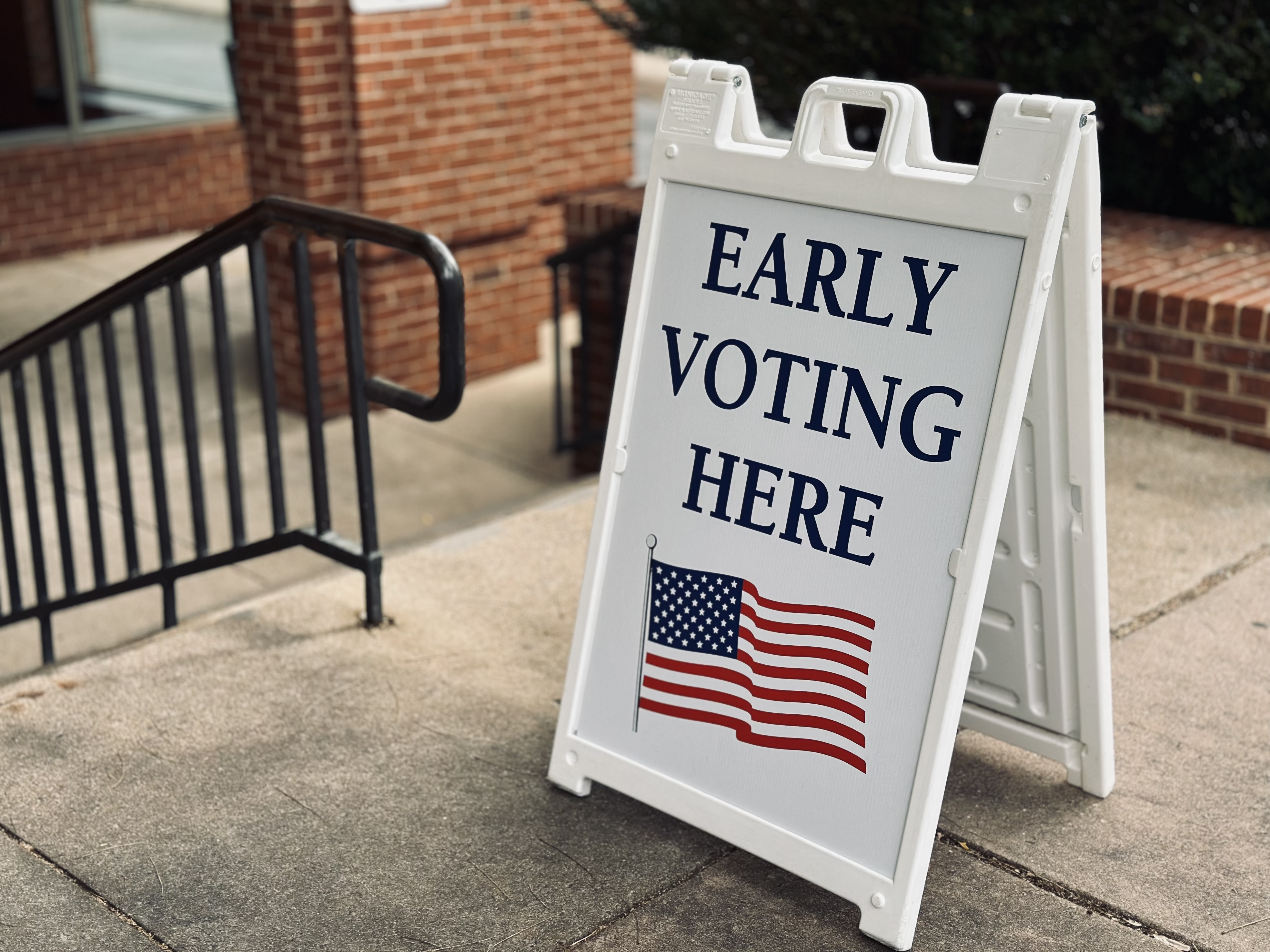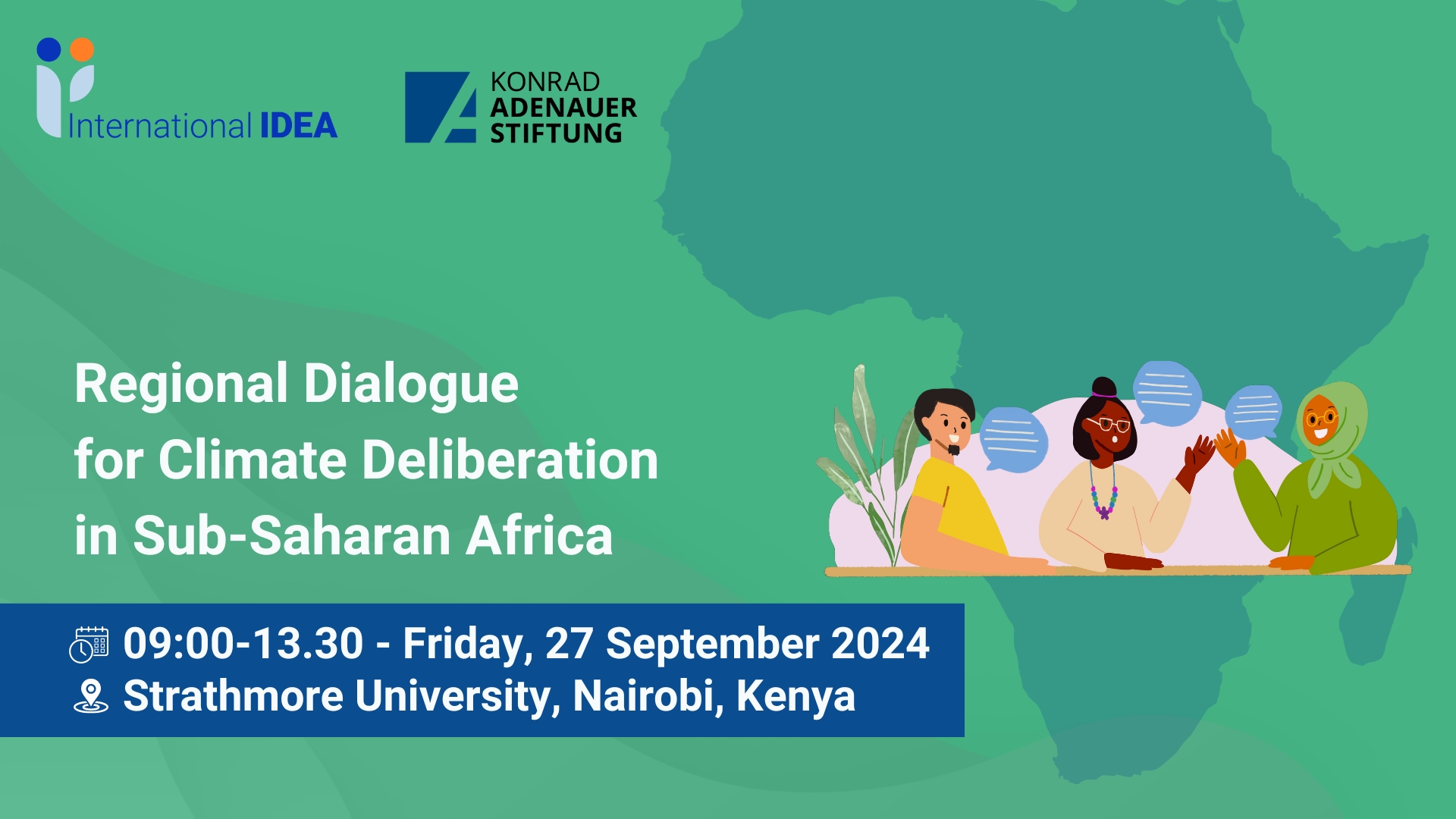60 per cent of MPs elected with less than 10 per cent of the votes
Snap election was held in the Republic of Vanuatu on 22 January, following the dissolution of the legislature on 24 November 2015. A total of 265 candidates, including eight women, contested 52 seats in the unicameral legislature. Constituencies in Vanuatu comprise of eight single-member seats and 10 multi-member seats. Multi-member constituencies range from two to seven seats. The electoral system in which voters elect members of parliament (MPs) to a term of four years is the single non-transferable vote (SNTV).
Under SNTV, each voter casts one vote for a candidate irrespective of the fact that there is more than one seat to be filled in each constituency. Candidates with the highest total votes are elected. In a seven-member constituency such as Tanna, the first seven candidates with the highest number of votes are elected. Vanuatu is one of four countries where SNTV is used for legislative elections.
Thirty-seven political parties fielded 204 candidates along with 61 candidates as independents. The total population of registered voters for the 2016 election was 200,159 but 113,486 voted representing a voter turnout of 57 per cent. The average voter turnout for all the constituencies is 65 per cent. The 52 MPs accounted for 42 per cent of these votes. Only two candidates received over 50 per cent of the votes.
Most MPs, that is, 60 per cent, were elected with less than 10 per cent of the votes. The lowest winning per cent of votes was four per cent. The per cent of votes obtained by MPs is evenly spread in multi-member constituencies. Moreover, the electoral system tends to ensure that the number of candidates is directly proportional to the number of seats and that the proportion of elected MPs votes are also directly proportional to the number of candidates.
The election results also support International IDEA’s argument that SNTV is neither a majoritarian/plurality system nor is it a proportional one because of the difficulty of predicting winners to have won by a majority or proportional of votes.
The failure of women candidates to win seats also raises questions about the merits of this electoral system in engendering the election of minorities.
Consistent with how SNTV is designed to produce a diversified field of winners, the election returned multiple political parties, seventeen altogether that won between one and six seats. Eight independents were also elected. Since no single political party obtained a majority of seats, a political group comprising of MPs from eight political parties and a number of independents got together to shore up the numbers required to form government.
This coalition of political parties and independents nominated Charlot Salwai as Prime Minister who was duly elected unopposed on 11 February 2016. A key agenda of the political group is to implement reforms aimed at addressing political instability, a problem that has plagued the health of Vanuatu’s politics.



